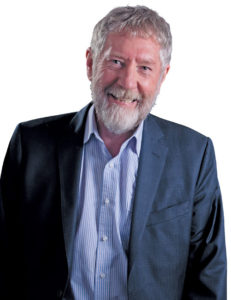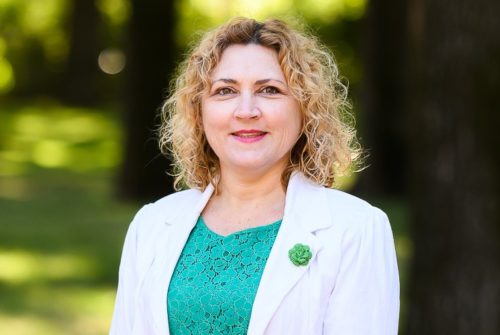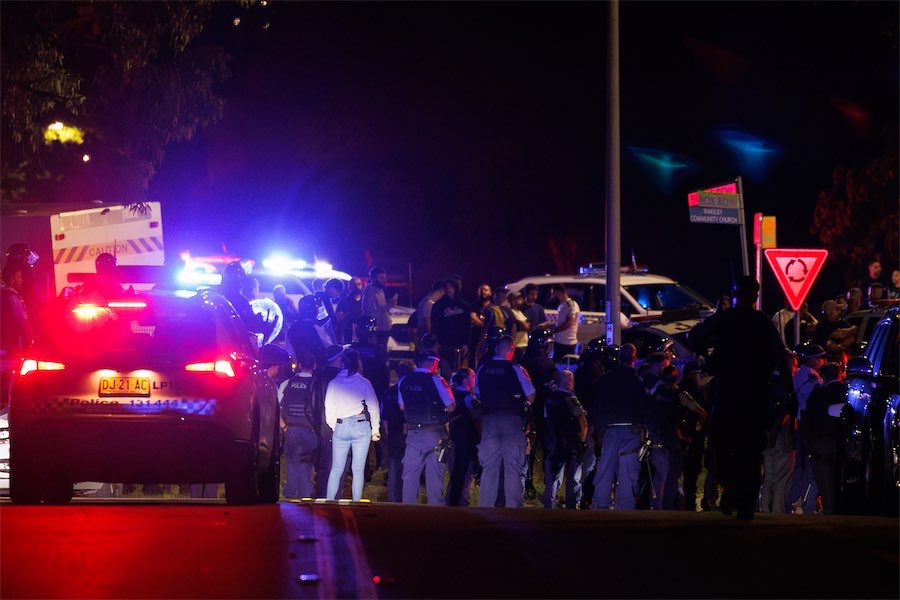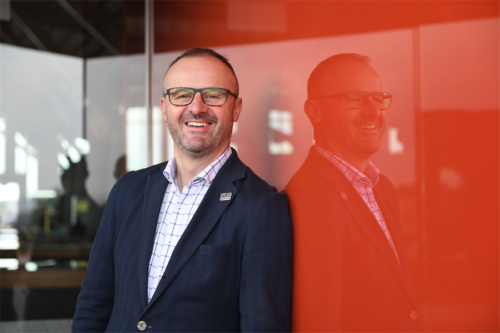
“It is an indictment on our community that the age of criminal liability in the ACT is just 10 years old and we have a system that countenances sending such young children to Bimberi, the ACT youth-detention centre,” writes politics columnist MICHAEL MOORE.
TEN is too young to be in jail. The age of criminal liability in the ACT needs to be changed. The first question is just how old!

The second question is how hard will the government support vulnerable families and their children to focus on prevention.
It is an indictment on our community that the age of criminal liability in the ACT is just 10 years old and we have a system that countenances sending such young children to Bimberi, the ACT youth-detention centre.
The staff at Bimberi work as hard as they can to ensure the young people in their care are treated fairly. However, it does not matter how hard the staff at such a centre work to ensure the best outcomes for the young people who are detained – in the end these children are effectively in jail.
Recently elected Greens minister Emma Davidson is responsible for Justice Health and is Assistant Minister for Seniors, Veterans, Families and Community Services. She is keen to facilitate a broad discussion on the age of criminal liability. She expressed a key concern, “once a child is in the criminal justice system, it is much more likely that the child will spend time in prison as an adult”.
She added: “As the Minister responsible for youth justice, I am interested in how we can make community and family support more accessible to young people in need and address the underlying determinants that tend to drive young people into the justice system.”
The ACT government has already committed around $800,000 to a vulnerable youth project in partnership with the local Rotary District. Following an approach from Alan Scandrett and David Marshall, from my own Rotary Club of Canberra, the government accepted the “Ruby’s Home” proposal to help address homeless youth.
There is a crying need. In NSW, for example, on a given night in 2016 there were nearly 4000 homeless youth. This was up by 42.8 per cent from 10 years earlier when there were 2775.
There is no reason to believe the proportion of people in this category is much different in the ACT. These figures highlight the importance of addressing “the cause of the cause” of criminal liability.
“Ruby’s Home” follows a successful approach being used in SA and focuses on people younger than 17. We can expect a suburban home with around six bedrooms and permanent staff rostered on 24 hours a day and managed by a qualified organisation such as Vinnies.
A key measure of success is demonstrated in SA where around 75 per cent of the children return to live full time with their families. Unfortunately, there are some families where it is not safe for the young person to return home. However, the intention of the program is to engage with parents where possible and aim for reconciliation.

According to Minister Davidson, the government “has been investing in support services for young people and their families across ACT government including homelessness, mental health, family support and drug and alcohol services”. These investments in preventive measures are appropriate if there is to be a sensible discussion on the age of criminal liability.
Ten is clearly too young. What is the right age? The Minister explains: “The ACT government has begun work to raise the age of criminal responsibility from 10 to 14 years”. This proposed upper limit presents challenges. It is not difficult to picture a poorly behaved 14-year-old. The focus ought to be on addressing the behaviour rather than incarceration.
“We’re in the process of consulting with the community about this in more detail”, Minister Davidson said. “It’s important that services are holistic and strength-based so that young people and families are supported, particularly when there are multiple complex issues”.
Incarceration is really to protect the community. The challenge for this discussion is whether the ACT community will be able to think beyond individuals to consider changing systems. If we can do that – chances are very high that in the future a safer, more respectful community will result.
Michael Moore is a former member of the ACT Legislative Assembly and an independent minister for health. He has been a political columnist with “CityNews” since 2006.
Who can be trusted?
In a world of spin and confusion, there’s never been a more important time to support independent journalism in Canberra.
If you trust our work online and want to enforce the power of independent voices, I invite you to make a small contribution.
Every dollar of support is invested back into our journalism to help keep citynews.com.au strong and free.
Thank you,
Ian Meikle, editor





Leave a Reply